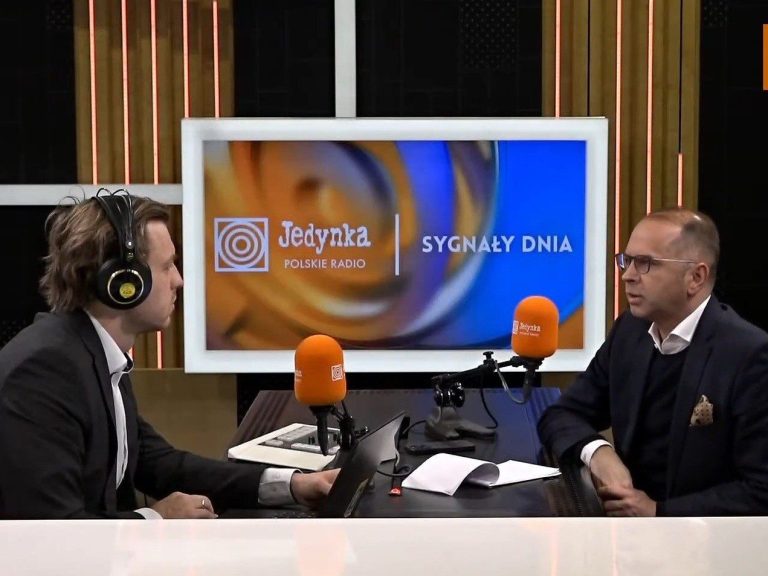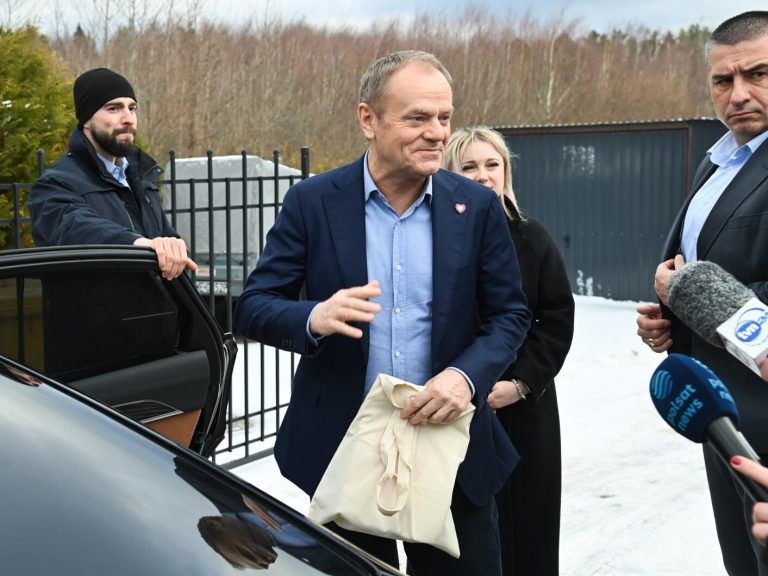Slovak carriers have unblocked the border crossing with Ukraine

On December 5, traffic was resumed at the Slovak-Ukrainian border crossing Uzhhorod-Vyšné Nemecké. “We continue to cooperate with Slovak colleagues to prevent further protests,” commented Ukrainian Deputy Minister of Infrastructure Serhiy Derkach.
Since November 6, Polish carriers have been protesting at the border crossings with Ukraine, reporting increasing losses.
Slovaks joined the protest
This is the result of Brussels’ decision to lift restrictions on Ukrainian carriers. The protesters are demanding the restoration of the regulations that were in force before February 24, 2022, towards competitors from across the eastern border.
Carriers from Slovakia joined the protest and presented identical demands. As a result, on December 1, truck traffic was blocked at the Slovak-Ukrainian border crossing Uzhhorod-Vyšné Nemecké.
– We do not agree with the illegal work of Ukrainian carriers in Slovakia and the European Union. They cannot have a work permit in the EU, therefore it is illegal, said Vladimir Sopúch, a member of the Association of Slovak Carriers, quoted by Wirtualna Polska.
Traffic has resumed at the Slovak-Ukrainian crossing
On Tuesday, December 5, the Slovak-Ukrainian border crossing was unblocked and truck traffic resumed. Just before traffic was restored, over 600 vehicles were waiting in line towards Ukraine.
However, Ukraine’s Deputy Minister of Infrastructure Serhiy Derkach made it clear that the blockade may be resumed.
“The blockade of the checkpoint with Slovakia has been suspended. The passage of trucks through Uzhhorod-Vyšné Nemecké is carried out as usual. We continue to cooperate with Slovak colleagues to prevent further protests,” Derkacz wrote on Facebook.
Brussels does not want to restore the old regulations
He added that the European Commission does not plan to introduce changes to regulations that will facilitate the work of Ukrainian carriers in EU countries.
“On the contrary, it expresses its readiness to apply for visa-free travel. This was announced in accordance with the arrangements of the EU Council of Transport Ministers by Commissioner (for transport – editor) Adina Velian,” Derkacz added.






